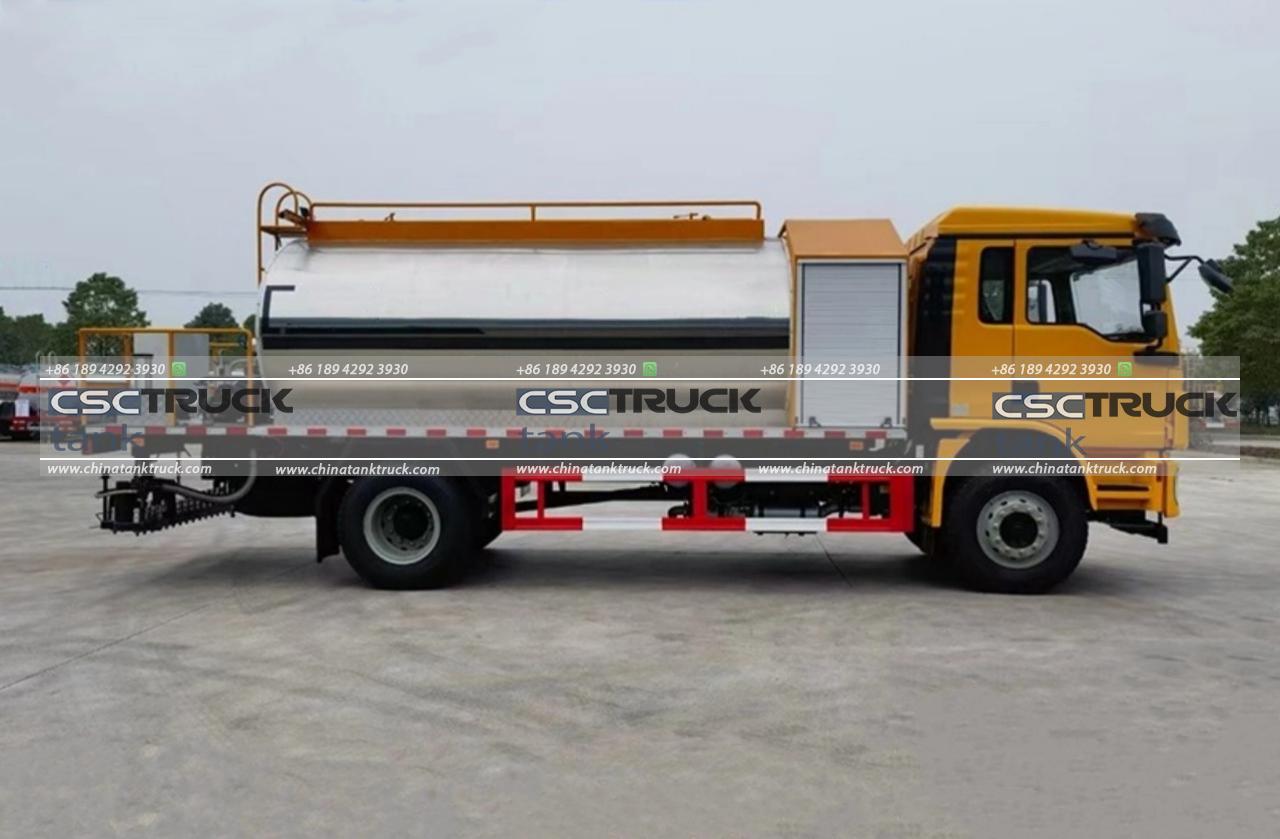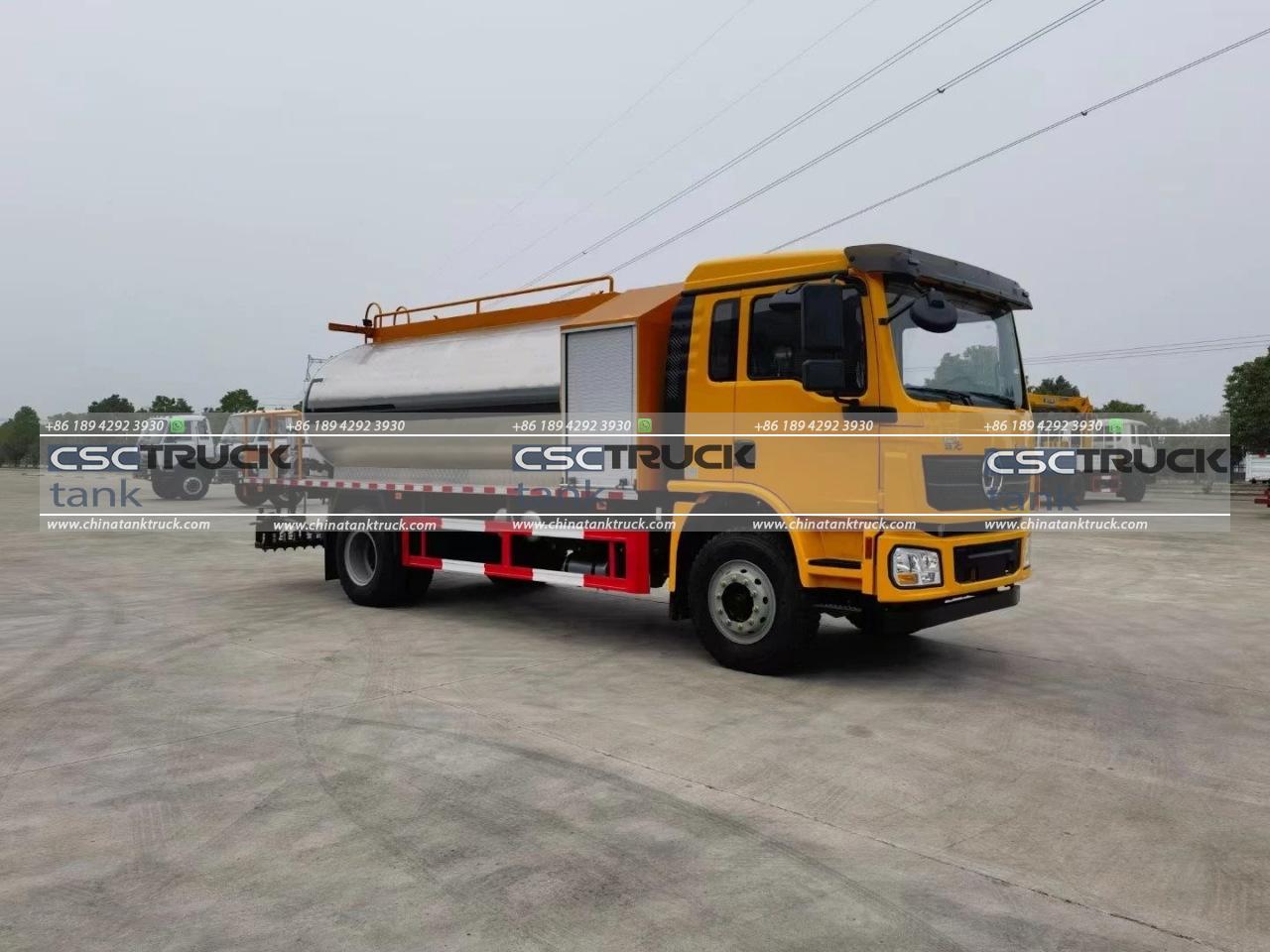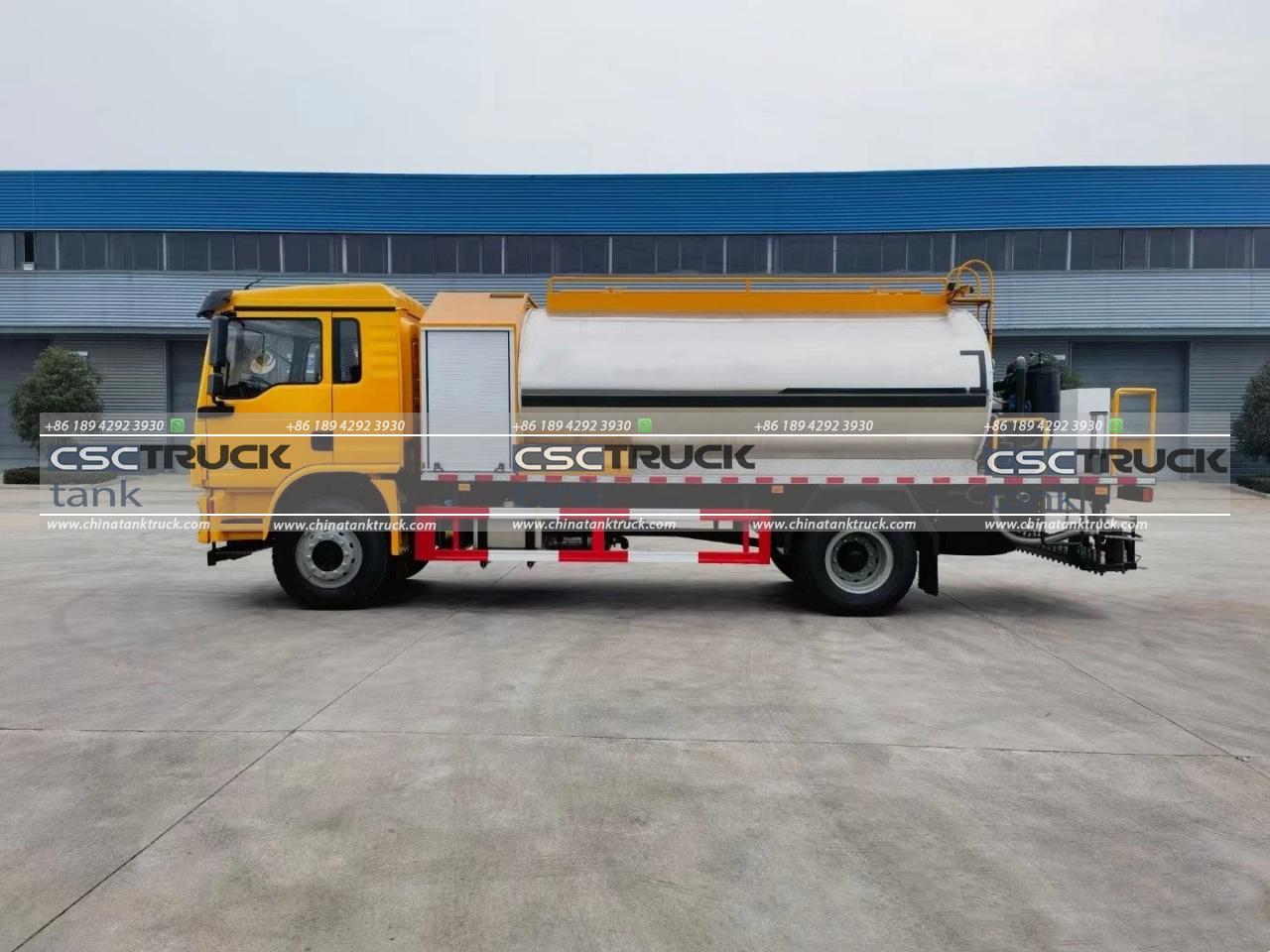What is an Asphalt Truck?
In the world of construction and infrastructure, asphalt trucks are indispensable vehicles that play a crucial role in road construction and maintenance. These specialized trucks are designed to transport and deliver hot asphalt from the production plant to the construction site, ensuring that roads, highways, and other surfaces are paved smoothly and efficiently. This article will delve into what asphalt trucks are, their types, how they function, and their significance in modern construction.
Understanding Asphalt Trucks
Asphalt trucks, also known as asphalt distributors, are vehicles specifically designed for the transportation and distribution of asphalt. Asphalt is a sticky, black, and highly viscous liquid or semi-solid form of petroleum used primarily in road construction. It acts as a binder mixed with aggregate particles to create asphalt concrete, a durable and flexible pavement material.
The role of an asphalt truck is to transport this hot, liquefied asphalt from the asphalt plant to the construction site, where it is poured onto the road surface and then spread and compacted to form a smooth, durable pavement layer. Without these specialized vehicles, it would be nearly impossible to construct the roads and highways that are essential for transportation and commerce.

Types of Asphalt Trucks
Asphalt trucks come in various types, each designed to perform specific tasks within the asphalt paving process. The main types include:
1. Asphalt Distributor Trucks: These are the most common type of asphalt trucks. They are equipped with a tank to hold the liquid asphalt and a spray bar that distributes the asphalt evenly onto the road surface. The spray bar is adjustable, allowing the operator to control the width and rate of application, ensuring precise and efficient asphalt distribution.
2. Tack Coat Trucks: A Tack coat is a thin layer of asphalt applied between layers of pavement to create a strong bond. Tack coat trucks are specially designed to apply this layer uniformly, ensuring that the new pavement adheres properly to the existing surface.
3. Chip Seal Trucks: Chip seal is a pavement treatment that combines a layer of asphalt with a layer of aggregate to create a durable, skid-resistant surface. Chip seal trucks are equipped with both an asphalt tank and a chip spreader, allowing them to apply both materials in a single pass.
4. Slurry Seal Trucks: Slurry seal is another pavement treatment that involves mixing asphalt emulsion, aggregate, and water to create a slurry that is spread onto the road surface. Slurry seal trucks are designed to mix and apply this material, providing a cost-effective way to extend the life of existing pavements.
5. Hot Mix Asphalt (HMA) Trucks: These trucks are designed to transport and deliver hot mix asphalt, a combination of asphalt binder and aggregate that is heated and mixed at a high temperature. HMA trucks are insulated to maintain the temperature of the asphalt during transport, ensuring that it remains workable when it arrives at the construction site.
How Asphalt Trucks Work
The operation of an asphalt truck is a carefully orchestrated process that involves multiple steps to ensure that the asphalt is delivered and applied correctly. Here’s a step-by-step breakdown of how these trucks work:
1. Loading the Asphalt: The process begins at the asphalt plant, where the hot asphalt is produced. The liquid asphalt is loaded into the truck’s insulated tank, which is designed to keep the asphalt at the desired temperature during transport. Depending on the type of asphalt truck, the loading process may also involve adding other materials, such as aggregate or water.
2. Transporting the Asphalt: Once loaded, the truck transports the hot asphalt to the construction site. The insulation in the truck’s tank helps maintain the temperature of the asphalt, preventing it from cooling and solidifying before it can be applied.
3. Applying the Asphalt: Upon arrival at the construction site, the asphalt is transferred from the truck’s tank to the spray bar or other distribution mechanism. The operator then applies the asphalt to the road surface using the truck’s controls to adjust the width, rate, and thickness of the application. In the case of chip seal or slurry seal trucks, the asphalt is combined with aggregate or other materials as it is applied.
4. Spreading and Compacting: After the asphalt is applied, it is spread and compacted using paving machines and rollers to create a smooth, even surface. This step is critical to ensuring the durability and longevity of the pavement.
5. Cleaning and Maintenance: After the job is complete, the asphalt truck must be cleaned and maintained to prevent any leftover asphalt from hardening inside the tank or spray bar. Regular maintenance is essential to keep the truck in good working condition and ensure that it is ready for the next job.

The Importance of Asphalt Trucks in Road Construction
Asphalt trucks are essential to the road construction industry. Without these specialized vehicles, it would be impossible to transport and apply the asphalt needed to pave roads, highways, and other surfaces. Their role is critical in ensuring that roads are built to last, providing a safe and reliable transportation network for people and goods.
One of the key advantages of asphalt trucks is their ability to deliver hot asphalt quickly and efficiently, minimizing the time between production and application. This is important because asphalt must be applied while it is still hot and workable to ensure proper adhesion and compaction. By maintaining the temperature of the asphalt during transport, these trucks help ensure that the final pavement layer is strong, smooth, and durable.
In addition to their role in new road construction, asphalt trucks are also essential for road maintenance and repair. Over time, roads can develop cracks, potholes, and other forms of damage due to traffic, weather, and other factors. Asphalt trucks allow road crews to apply tack coats, chip seals, and slurry seals to repair and protect existing pavements, extending their lifespan and reducing the need for costly full-scale reconstruction.
Conclusion
Asphalt trucks are a vital component of the road construction industry, providing the means to transport and apply the asphalt needed to build and maintain the roads that connect our communities. These specialized vehicles come in various types, each designed to perform specific tasks within the asphalt paving process. By understanding how asphalt trucks work and their importance in construction, we can better appreciate the role they play in creating and maintaining the infrastructure that supports modern life.


